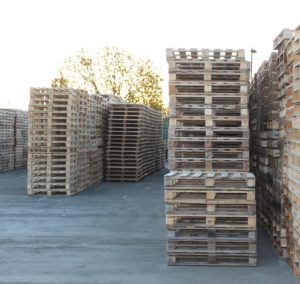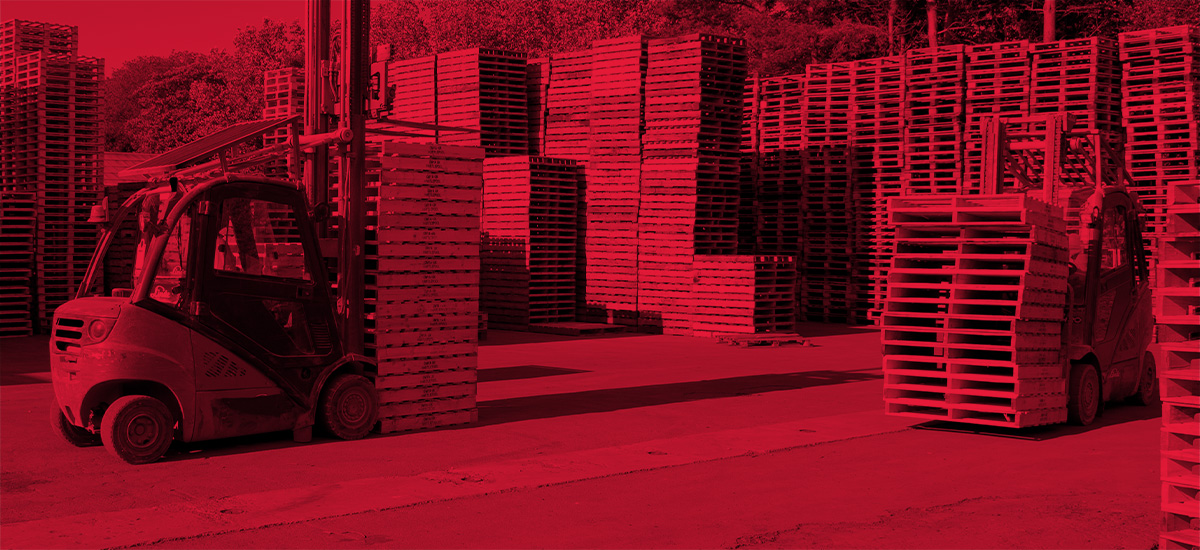The UK is experiencing an unprecedented shortage in the supply of timber due to a number of global issues. Wooden pellets, packaging and pallets are all particularly scarce, despite their escalating demand.
This shortage has resulted in increased timber prices for both manufacturers and customers.
Why?
The timber shortage is due to a combination of high global demand and reduced volume of the raw material available because of supply issues.

The ever-increasing need for timber, particularly pallets, comes as no surprise. As an economical choice of raw material, it’s reusable, repairable and recyclable and overall, a vital part of the circular economy.
The volume of timber available has reduced for a number of reasons.
Sawmills are reducing their production in the face of rocketing log prices. Instead, they are prioritising the construction and fencing sectors, where the mills benefit from higher added value and improved log yields.
Baltic supplies of timber are also down due to recent unseasonable wet weather, leading to high log prices, affecting sawmill profitability.
And the result?
In turn, the price of timber is hiking and there’s no sign of it slowing down.
The price of timber is one of the biggest cost of manufacturing a timber pallet, therefore these hikes are unavoidably going to have to be included in the final price of the product.
The price of wooden pallets relies heavily on the Poyry index, which indicates the costs of pallet timber prices. In the final quarter of 2017, the cost increased by 5.9%.

This increase means that more and more businesses are now looking for a cost-effective and sustainable solution to solve their pallet supply issues.
Reconditioned pallets are a great alternative to purchasing brand new pallets. Reusing a pallet helps to preserve raw materials and reconditioned pallets can be supplied at a lower price, when compared to new replacements.
If you’re worried about reconditioned pallets being second-rate or unfit for purpose, RPS ensures that the pallets are inspected, sorted and repaired back to full working specification before introducing them into a business.
The recovery of pallets for reuse can also help reduce costs in a business, as well as promoting sustainability. As part of the waste hierarchy, reuse comes high above recycling and energy recovery as it promotes resource efficiency.
This process can also be implemented with little effort, saving time and money. After all, returning a reusable pallet is considerably cheaper than buying new replacement pallets.
Has your business been impacted by the rising costs of timber? Let us know by tweeting us, @RPS_Limited.







